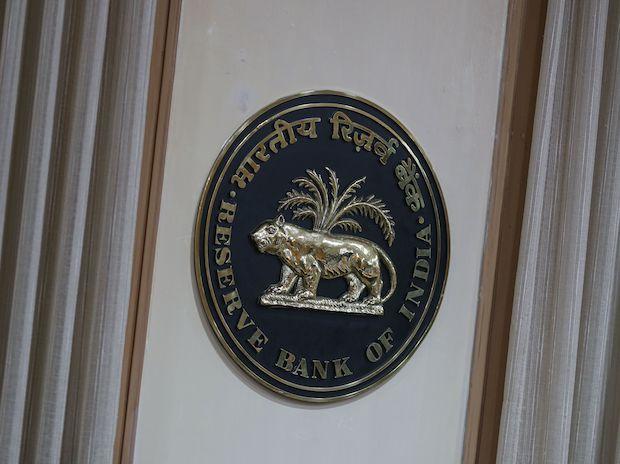[ad_1]
The European Securities and Markets Authority (ESMA), the financial markets regulator of the European Union (EU), has withdrawn the recognition granted to six Indian clearing corporation due to “no cooperation arrangements” between ESMA and Indian regulators, which include Reserve Bank of India (RBI), Securities and Exchange Board of India (Sebi) and International Financial Services Centres Authority (IFSCA).
The six clearing corporations—central counterparties (CCPs), as ESMA calls it—are the Clearing Corporation of India (CCIL), Indian Clearing Corporation Limited (ICCL), NSE Clearing Limited (NSCCL), Multi Commodity Exchange Clearing (MCXCCL), India International Clearing Corporation (IFSC) Limited (IICC) and NSE IFSC Clearing Corporation (NICCL).
The unprecedented move would prevent EU-based banks, governed by ESMA, from dealing in the domestic currency, commodity and equities market. Some of these banks include BNP Paribas, Deustche Bank and Societe Generale. Most of these banks are active players in the domestic market and clear with all the six CCPs barred by ESMA.
ESMA has, however, said that it will defer the application of the withdrawal decisions until April 30, 2023 to avoid any adverse impacts on EU market participants.
A release by ESMA said the decision to de-recognise the CCPs is on account of non-compliance of certain provisions of the European Market Infrastructure Regulation (EMIR).
“After conducting its assessment, ESMA established that not all of the cumulative conditions under EMIR for the recognition of these six TC-CCPs are met, as no cooperation arrangements (compliant with Article 25(7) of EMIR) have been concluded between ESMA and each of the relevant Indian authorities, i.e. RBI, SEBI and IFSCA. Therefore, the condition under point (c) of Article 25(2) of EMIR is not met,” ESMA said in a release on October 31.
“As a result, ESMA concludes that these TC-CCPs cannot continue to be recognised in the European Union under the currently applicable EMIR regime. As of the date of application of the withdrawal decisions, these TC-CCPs will no longer be able to provide services to clearing members and trading venues established in the EU,” the release added.
Post-April 30, European banks will either have to discontinue their arrangements with Indian CCPs or will have to set aside 50 times more capital.
People in the know said Indian authorities may look to hammer out a solution over the next five months to ensure there is a status quo.
This could entail signing of a Memorandum of Understanding (MoU) between ESMA and the Indian regulators. However, the MoU might give ESMA powers to monitor and supervise CCPs established in India.
According to reports, Indian regulators are circumspect over providing a foreign regulator any authority over domestic institutions.
Article 25(7) of EMIR requires the establishment of cooperation arrangements as a precondition for recognition by ESMA of third-country CCPs to provide clearing services to clearing members or trading venues established in the EU. It requires to set forth practical arrangements and mechanisms to facilitate the exercise by ESMA of certain of its powers and duties under EMIR in line with the laws applicable to ESMA.
In September 2020, ESMA and Bank of England (BoE) had signed a MoU for cooperation on the monitoring and supervision of CCPs established in the UK.
[ad_2]
Source link



